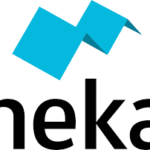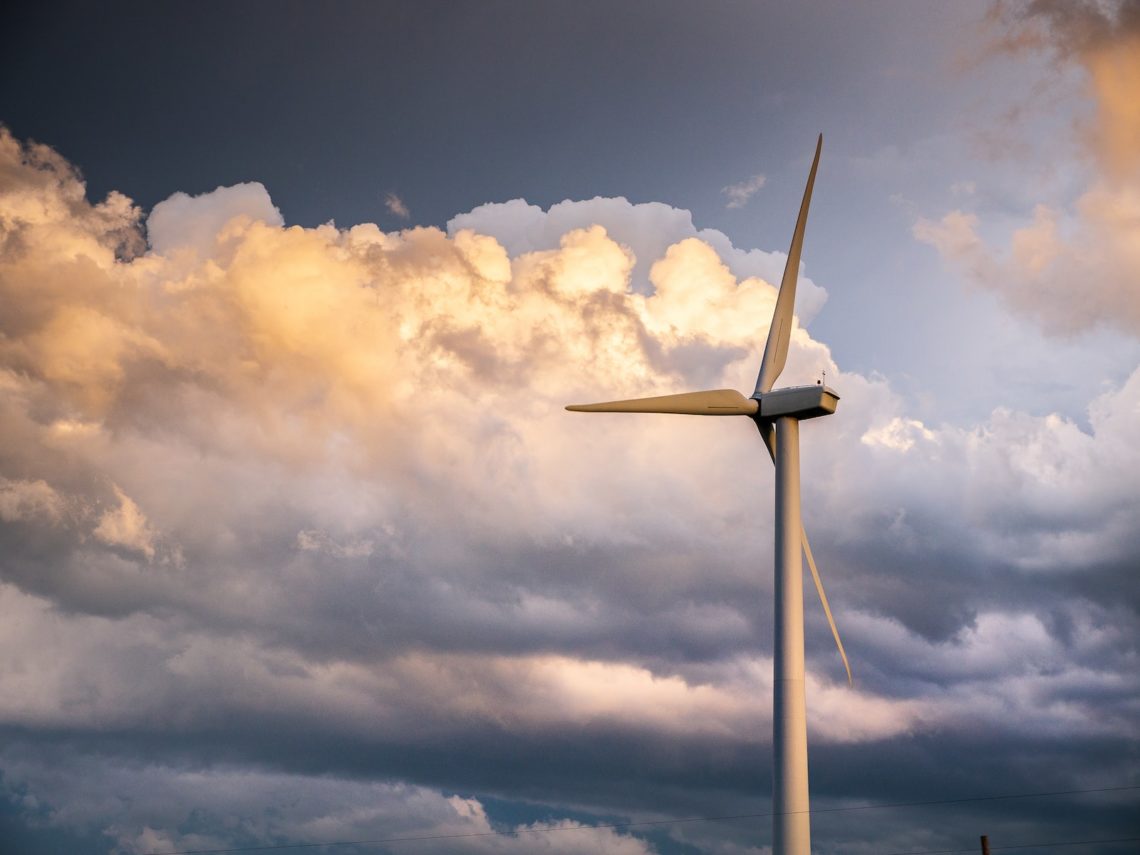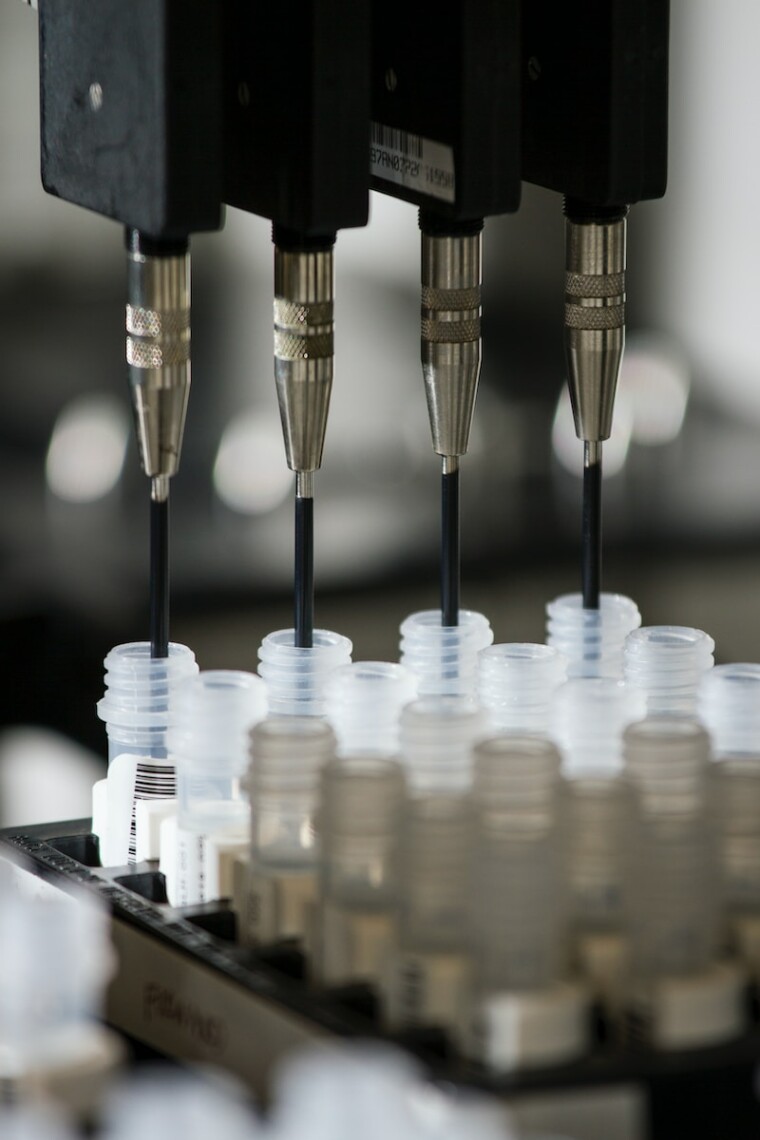About one in seven Helsinki residents live in homes owned by Helsinki City Housing Company (Heka), Finland’s largest landlord. Heka is committed to improving the energy efficiency of its properties, both renovated and new buildings, which has an impact on the daily lives of close to 100,000 city residents. “We have been a part of the energy efficiency agreement since the beginning, and have aimed for an A energy rating for new construction for a long time,” says Heka’s energy manager Jenni Venäläinen.
In 2021, Heka started systematically improving energy efficiency, and Suvi Häkämies, Gaia’s Business Director, helped apply for their first EU funding. Thanks to the granted funding, the large-scale Helena project started.
“We are looking for combinations of energy efficiency measures to improve energy efficiency by at least 40% in renovation projects,” Venäläinen says. The assessment utilizes multi-objective optimization, which allows a large number of alternative combinations to be compared quickly and cost-effectively.
However, the results of the multi-objective optimizations have not been as reformative and versatile as Heka had expected. “The optimization results typically indicate that geothermal heating and solar panels are the most viable options. Looking into their economic viability and technical feasibility has already been included in Heka’s planning instructions for a while.
An innovation competition offers solutions to the energy efficiency
To find more ambitious solutions, Heka came up with an innovation programme together with Gaia. Venäläinen believes that the buyer should in fact actively steer towards improving energy efficiency. “We want to think not only about kilowatts and euros, but also enhance the comfort level of housing and the value of buildings with energy efficiency improvements.”
The innovation competition has brought about a number of experiments. For example, a smart heating control system, which balances temperatures per room, has been taken into use. This way, energy is not wasted and there is no need for balancing the heating network in the building, which can cost tens of thousands of euros. “In addition, maintenance can reliably check the temperatures in the apartments.”
New solar energy solutions have also been introduced. At one site, an electricity storage made of old Tesla batteries is being tested. This will help achieve solar energy self-sufficiency during the summer and contribute to responding to electricity demand year-round. “New technologies allow us to participate in Fingrid’s reserve market and the balancing of the power grid. We store electricity when it is cheap, and we sell when there is a shortage of electricity. It enables the increase of the use of renewable energy on a national level.”
The transition to holistic energy management
Through their energy efficiency improvement work, Heka is moving towards holistic energy management, supported by cloud-based EnerKey tool. “We are beginning to track the energy consumption of properties on an hourly level, which enables a better understanding and analysis of consumption,” Venäläinen says. Ines, an AI tool, has also been linked to the EnerKey system to search for possibilities for energy-saving in properties and select properties for energy renovations based on data.
Next, Heka will begin creating a road map for carbon-neutral energy use. The aim is to be carbon neutral in terms of energy use in 2030. “We will bring together lessons learned from the Helena project’s multi-objective optimizations as well as the innovation programme, and start setting targets for the future.”
For Suvi Häkämies, it has been wonderful to support Heka on its sustainability journey and notice a clear paradigm shift in the company’s operations. “The ability to replicate each energy efficiency measure is good in a large real estate portfolio, so the potential to increase the use of renewable energy throughout the city is considerable.
In turn, the innovation competition has raised Heka’s profile as a property owner that wants to engage in continuous dialogue with companies and the market. “The impressive innovation competition received a lot of positive attention across Europe,” Häkämies says, pleased.

Helsinki City Housing Company (Heka) Oy is the largest landlord in Finland, with more than 92,000 residents of Helsinki living in approximately 50,000 apartments.
Goals
In 2021, Heka started systematic work to improve energy efficiency. Next, Heka will start drawing up a roadmap for carbon-neutral energy use. The goal is to be carbon neutral in terms of energy use in 2030.
Our Role
Gaia works as a long-term partner and advisor.
Results
Heka does not want to only consider kilowatts and euros, but also improves living comfort and the value of buildings with energy efficiency repairs.
Sustainable business, Sustainable innovation development & commercialization, Energy and resource efficiency, Renewable energy, Circular economy, Network management, PP-partnerships, European and other public funding instruments.
suvi.hakamies@gaia.fi
+358503311495






